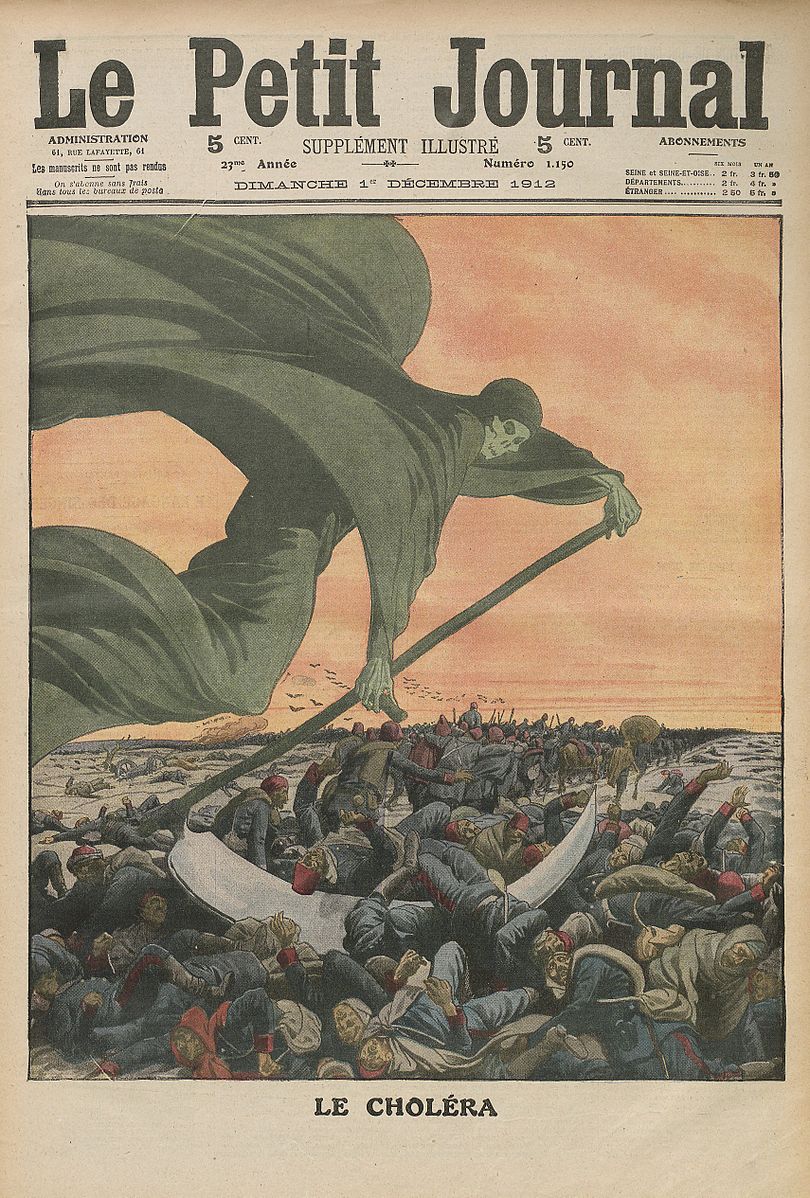
Now, what exactly is an applied epidemiologist, and why are they needed? In the late 90s- early 2000's there were a series of articles in AJPH, AJE, JECH, and IJE dedicated to answering these questions. I'll focus on Stephen Thacker's review.
academic.oup.com/ije/article/30…
academic.oup.com/ije/article/30…
He states, “The applied epidemiologist is by definition an activist, moving rapidly from findings to policy, putting epi knowledge to good use. The 21st century epi must do all these things while maintaining a foundation of high-quality epi research and practice.”
Susser warns the field of what he considers “the black box paradigm… the current international focus on risk factor epidemiology.” He advocates for expanding our academic training to include socializing epis to “keep the improvement of the public’s health as a primary value”
Morabia argued that epidemiology has historically found its balance in the tension between the search for causal relations and the improvement of public health; overemphasis on either perspective puts epidemiology at risk of losing its value.
How does this play out in real life? I’ve been an applied epi for 13 years, working mainly in local, state, and federal health agencies. My work has focused on conducting cool analysis that lead to policy or systemic change.
A quick example from my time as Chief MCH epi for a state, using Medicaid data, I noticed that postpartum people weren’t returning for their six week check-up. Using PRAMS data I noticed that people with extremely short birth intervals stated the pregnancies were missed timed.
Using family planning data I noticed that postpartum people made appointments for LARCs, but weren’t coming in to get them placed. Knowing state Medicaid policy, I knew that postpartum people were only insured 60 days post delivery.
Empirical evidence tells me that mistimed pregnancies have health consequences for both baby and mom, and that short birth intervals are a risk factor for maternal mortality. What can I do? Before I tell you that, are you impressed at all the data I can easily get my hands on?
Back to what can I do- being a #govepi also means knowing health policy. At the time, state Medicaid policy didn’t allow for LARC placement at time of delivery, order could be made, and placement occur at 6 week follow-up. An appointment that on average 60% of people missed.
With all my data in hand, I requested Medicaid change their rules. Medicaid requested cost benefit analysis and a policy analyses, which I conducted. Ultimately leading to me helping to write policy allowing for no cost family planning services at any point during care.
• • •
Missing some Tweet in this thread? You can try to
force a refresh



